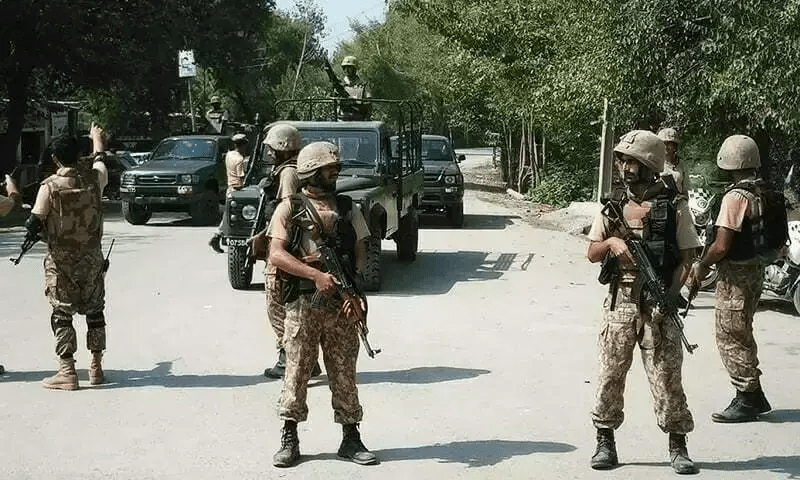Pakistan’s ballooning circular debt in the gas sector, now standing at a staggering Rs 2,600 billion, has finally moved to the centre of policy discussions, as the federal government’s Task Force on Power Sector has finalised a strategy to gradually defuse the crisis. The move follows the Task Force’s earlier efforts to carve out a plan for addressing the even more alarming debt trap in the power sector, which for years has choked the financial viability of the country’s energy supply chain.
The contours of the government’s latest plan were revealed by senior energy journalist Syed Khalid Mustafa during a podcast with media professional Sohail Iqbal Bhatti. Mustafa noted that the gas sector’s circular debt had been spiralling in the same fashion as the power sector’s liabilities. Out of the Rs 2,600 billion total, about Rs 1,100 billion comprises late payment surcharges and interest payments, essentially debts payable between government entities, while the core outstanding amount remains around Rs 1,500 billion. The Task Force is optimistic that the Rs 1,100 billion burden can be written off as part of inter-agency settlements, narrowing the immediate challenge to Rs 1500 billion.
To tackle this portion, the government has firmed up two major measures. It plans to increase the petroleum levy by Rs 5 per litre, expected to generate Rs 100 billion annually. At the same time, Pakistan is set to approach Qatar to seek permission for diverting two RLNG cargoes, originally contracted under its long-term LNG purchase agreement, to the international market. Selling these shipments abroad would bring in much-needed foreign exchange while saving the government from additional financial losses at home, where costly RLNG finds few buyers among local industries and power producers. The Federal Petroleum Minister is scheduled to lead a high-level delegation to Doha to finalise the deal in the coming days.
Alongside these financial manoeuvres, a significant breakthrough has been achieved on the domestic production front. Bhatti disclosed during the podcast that the Oil and Gas Development Company Ltd (OGDCL) has successfully initiated gas extraction from the long-stalled Jhal Magsi reserves in Balochistan. Discovered nearly a decade ago but left untapped due to security challenges and local obstacles, the project was revived in February 2024 on the directive of the Prime Minister. In an impressive display of resourcefulness, OGDCL utilised equipment it had purchased ten years earlier to commence operations, which have now begun yielding 1,400 million cubic feet of natural gas and 45 barrels of condensate oil daily. The company has also launched several community uplift initiatives under its corporate social responsibility programme to benefit the impoverished residents of Jhal Magsi.
Analysts believe that the Task Force’s dual-track approach of fiscal restructuring and accelerated domestic gas production could prove to be a turning point for Pakistan’s energy economy, which has long been paralysed by chronic debt, dependence on imports, and a lack of indigenous resource development. While challenges remain, the latest measures have injected a renewed sense of urgency and possibility into a sector that has too often been defined by crisis and inertia.







